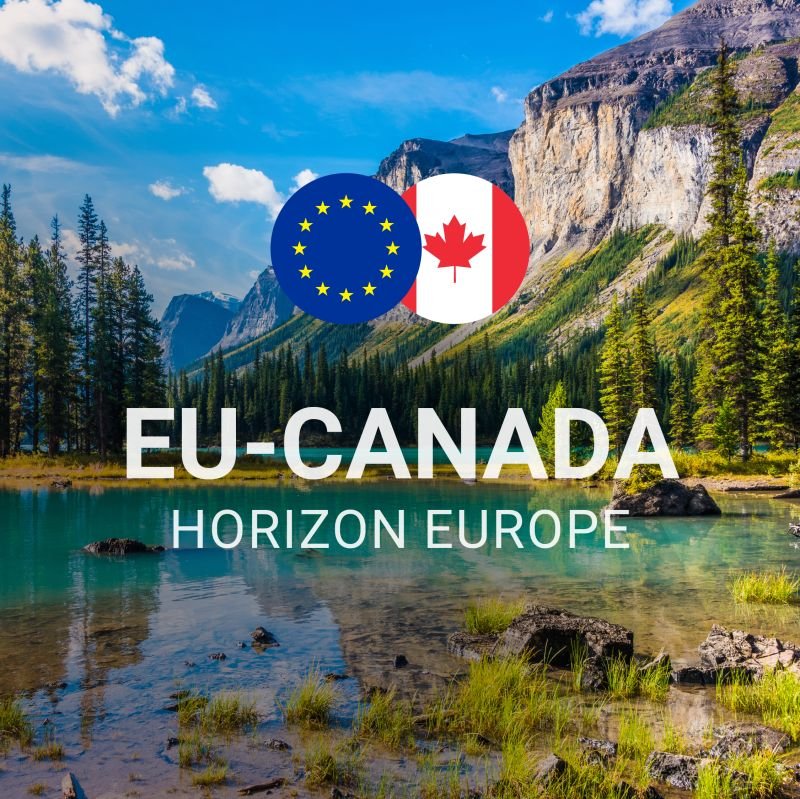
Opportunity for Canadian Companies and Universities: Collaboration with Czech Republic under the Horizon Europe Program
21.08.2024 / 06:31 | Aktualizováno: 21.08.2024 / 06:49
The Consulate General of the Czech Republic in Toronto and the Embassy of the Czech Republic in Ottawa and bring information for Canadian companies, universities, and researchers on how to establish research cooperation between Czech and Canadian partners within the Horizon Europe program.
As of July 3, 2024 Canada is officially an associated member of the Horizon Europe program within Pillar II. This associate status means that Canadian researchers can join research project consortia supported by Horizon Europe as fully fledged partners and even lead them. In the case of a successful project, Canadian entities will automatically receive funding directly from the Horizon Europe program, to which Canada contributes as an associate country. Canada joined the program as the twentieth non-EU country; apart from Canada, non-European associate members include only New Zealand (which joined last year), Tunisia, and Israel, making this a significant step in expanding research cooperation.
Horizon Europe is the EU framework program for research and innovation for 2021–2027, with a budget of EUR 93.5 billion, making it the largest in the world. More than half of the program's budget is allocated to Pillar 2, which aims to address major challenges in areas such as climate, energy, digital economy, and health. The program significantly strengthens the EU's competitiveness, contributes to achieving sustainable economic growth, and supports research and innovation from concept to commercialization. Canadian entities can also participate in the other two pillars of the Horizon Europe program, including mobility within the Marie Skłodowska-Curie Actions in Pillar 1.
The Horizon Europe program consists of three pillars:
- Excellent Science - Supports the development of high-quality knowledge and skills. Through the European Research Council, it supports "frontier research" projects (pioneering research) and investments in research infrastructures.
- Global Challenges and European Industrial Competitiveness - Supports research and innovation addressing societal challenges and industrial technologies in areas such as health, digital technologies, climate, energy, mobility, citizen security, food, and natural resources.
- Innovative Europe - Supports all forms of innovations, especially disruptive ones that create new markets through the European Innovation Council (EIC).
Horizon Europe Funding Requirements
Projects funded under the Horizon Europe program require the participation of at least three countries: one partner from an EU member state and at least two other partners from two different countries that come either from EU member states or associated countries like Canada. The "Partner search" tool, which you can find with each call, can help you find consortia looking for partners with specific requirements and also find partners for your coordinated project.
Cooperation with Czech Partners
Under Horizon Europe, there are already 18 existing collaboration links between Czech and Canadian researchers. This collaboration includes public, private and academic researchers. Ongoing projects with Czech-Canadian collaboration include the following:
- University of Waterloo and the Technical University of Ostrava
Traumatic Spinal Cord Injury: The Need to Classify Disease Severity
- Polytechnique Montréal and Palacký University Olomouc
- Canada’s University Network of Excellence in Nuclear Engineering, Evalion SRO, University of West Bohemia and the Czech Technical University in Prague
The Czech Republic’s innovation strategies place a high degree of importance on the role of SMEs in driving innovation. With the support of government initiatives, such as the Innovation Strategy of the Czech Republic 2019–2030, Czechia has become a leader in SME based innovation.
Consequently, the Czech Republic is an EU leader in the level of collaboration between SMEs as well as between public and private researchers. This also enables Czech firms to maintain high levels of in house innovation capabilities.
Coinciding with the emphasis on private sector R&D, the Czech Republic has seen a 37% increase in the number of employment opportunities at innovative companies since 2017. The impact of this development is exemplified by the intensified export of medium and high technology products in addition to new to market and new to firm innovations which exceed the EU average. Thus there is an existing and growing foundation for collaborative innovation within the Czech Republic owing to public and private sector researchers with extensive experience engaging in collaborative research initiatives.
Under Horizon Europe, the Czech Republic has:
- 1,154 project participants
- 5,648 applications for Horizon Europe grants
- 166 SME participants (14.38% of total EU SME participants)
Finding Research Parners and Applying for Horizon Europe Research Calls
For a list of Czech research organizations involved in Horizon Europe research projects and those looking for partners, consult the Partner search on the EU Funding & Tender Portal. For more information about applying for calls, you can start with this guide for Horizon Europe applications, which provides an overview of the process and links to other resources. Canadian entities can find instructions on how to get involved here and all Horizon Europe program calls can be found through a unified portal here.
Contact for Further Information For further questions about the Horizon Europe program, you can also contact national contact points for the Czech Republic here and for Canada here.
For assistance in identifying or approaching potential Canadian partners for planned consortia, interested parties can contact the representative offices in Canada: eva.bartonova@mzv.gov.cz (Consulate General in Toronto - jurisdiction for Alberta, Manitoba, Saskatchewan, and most of Ontario) and marino.radacic@mzv.gov.cz (Embassy in Ottawa - jurisdiction for British Columbia, Quebec, Nova Scotia, Prince Edward Island, New Brunswick, Newfoundland and Labrador, eastern Ontario).




